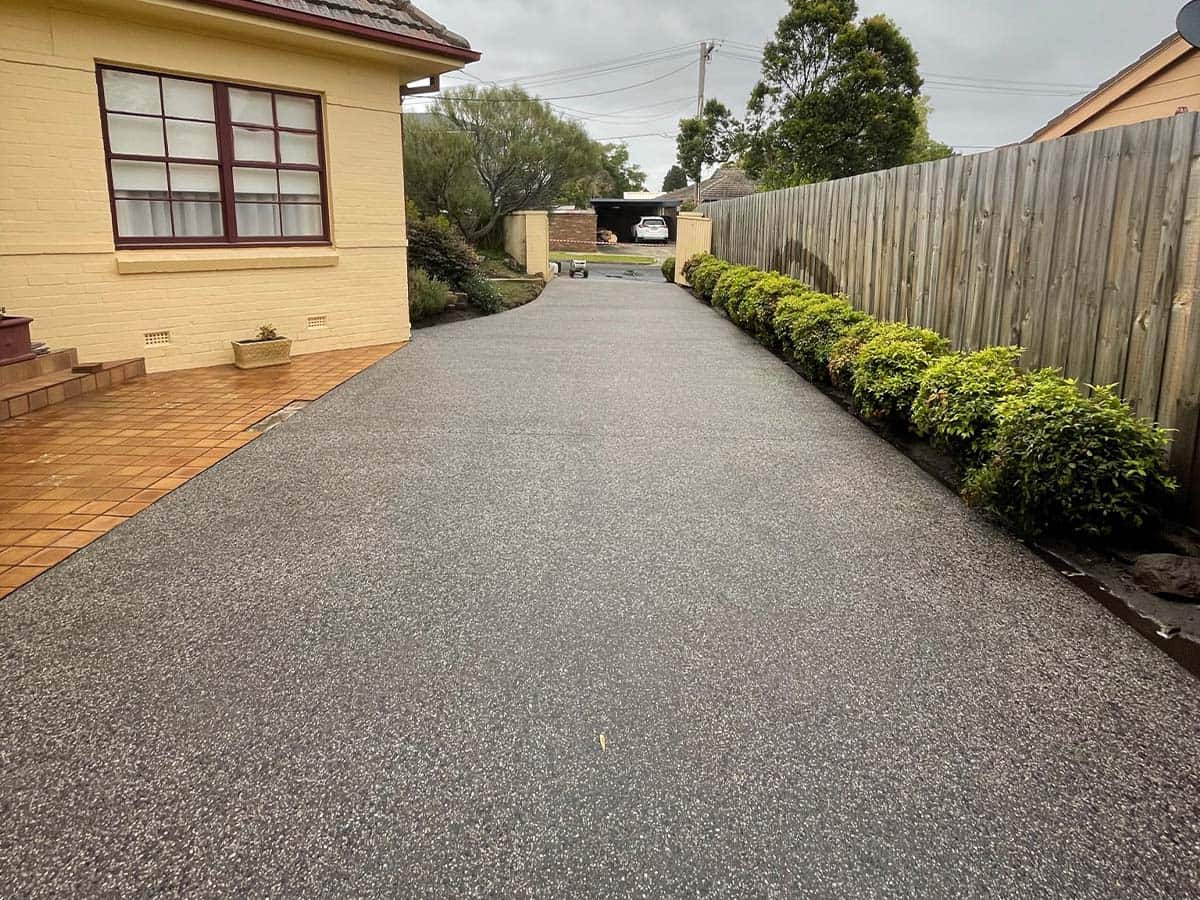Budget-friendly Concrete Solutions: High Quality Craftsmanship at Competitive Prices
Budget-friendly Concrete Solutions: High Quality Craftsmanship at Competitive Prices
Blog Article
Revealing the Eco-Friendly Advantages of Making Use Of Recycled Concrete in Lasting Building Practices
In the world of lasting construction practices, the application of recycled concrete stands as a crucial yet typically underestimated source. Beyond its standard applications, recycled concrete deals a myriad of environmentally friendly benefits that prolong far past the boundaries of traditional building materials. From minimizing ecological effect to boosting cost-efficiency, the implications of integrating recycled concrete in lasting building practices are considerable. This flexible product not only addresses pressing ecological worries but likewise offers a practical remedy to the difficulties dealt with by the construction market at big.
Environmental Benefits
By including recycled concrete into construction techniques, there is a significant decrease in the demand for new raw materials, leading to conservation of natural sources. In addition, the usage of recycled concrete decreases the amount of waste being sent to landfills, thereby reducing environmental air pollution and minimizing the pressure on land fill capacities (Concrete).

Moreover, the manufacturing of typical concrete is a considerable source of carbon discharges as a result of the energy-intensive procedure of cement production. In contrast, recycled concrete has a lower carbon footprint as it minimizes the demand for new concrete manufacturing. This decline in carbon exhausts adds to mitigating environment change and supports sustainable construction techniques. On the whole, the environmental benefits of utilizing recycled concrete are substantial and play a vital function in promoting eco-friendly building techniques.
Cost-Efficiency
Attaining cost-efficiency is a paramount factor to consider when evaluating the use of recycled concrete in building and construction projects. One of the vital advantages of making use of recycled concrete is its cost-effectiveness contrasted to standard concrete.
Moreover, the usage of recycled concrete can lead to savings in land fill costs by drawing away concrete waste from disposal sites. This not just lowers the ecological impact however additionally removes the costs connected with waste elimination. The longevity and efficiency of recycled concrete are comparable to traditional concrete, guaranteeing that price financial savings do not endanger the top quality of the building and construction.
Resilience and Strength
Thinking about the significant cost-efficiency advantages of using recycled concrete, it is crucial to examine its resilience and strength in building applications. Recycled concrete offers equivalent, otherwise premium, durability and toughness residential properties to traditional concrete. my review here Via advancements in handling methods and high quality control, recycled concrete can satisfy or surpass the performance standards of standard concrete. The procedure of reusing concrete entails crushing, sorting, and evaluating old concrete to produce aggregates that can be made use of in brand-new construction jobs. These recycled accumulations are qualified of offering adequate compressive toughness, sturdiness, and long-term performance.

Waste Reduction
When it comes to utilizing recycled concrete, waste decrease is a key advantage that contributes blog here considerably to environmental preservation. By integrating recycled concrete right into construction jobs, this waste is repurposed and diverted from land fills, minimizing the general environmental influence of construction tasks.
Furthermore, the use of recycled concrete can lead to set you back savings for construction tasks, as it is frequently a lot more inexpensive than sourcing and transferring new products - Concrete. In conclusion, waste reduction via the application of recycled concrete is an essential part of lasting building and construction practices that benefits both the building and the environment industry as a whole.
Power Preservation
When it comes to utilizing recycled concrete in building and construction, considerable power cost savings are achieved contrasted to conventional concrete manufacturing. The process of creating recycled concrete includes recycling and squashing existing concrete products, which consumes less energy than mining, processing, and transferring raw products for brand-new concrete production.
Conclusion
To conclude, the usage of recycled concrete in sustainable building methods offers various environmental benefits, cost-efficiency, sturdiness, strength, waste decrease, and energy conservation. By including recycled concrete right into building and construction projects, we can add to an extra over at this website lasting and ecologically pleasant future. It is crucial for the construction market to prioritize using recycled materials to assist minimize the ecological effect of construction tasks.
One of the vital advantages of making use of recycled concrete is its cost-effectiveness contrasted to conventional concrete.Moreover, the usage of recycled concrete can lead to savings in landfill prices by drawing away concrete waste from disposal websites. The resilience and efficiency of recycled concrete are comparable to standard concrete, making sure that cost financial savings do not compromise the quality of the building.

Report this page